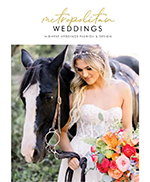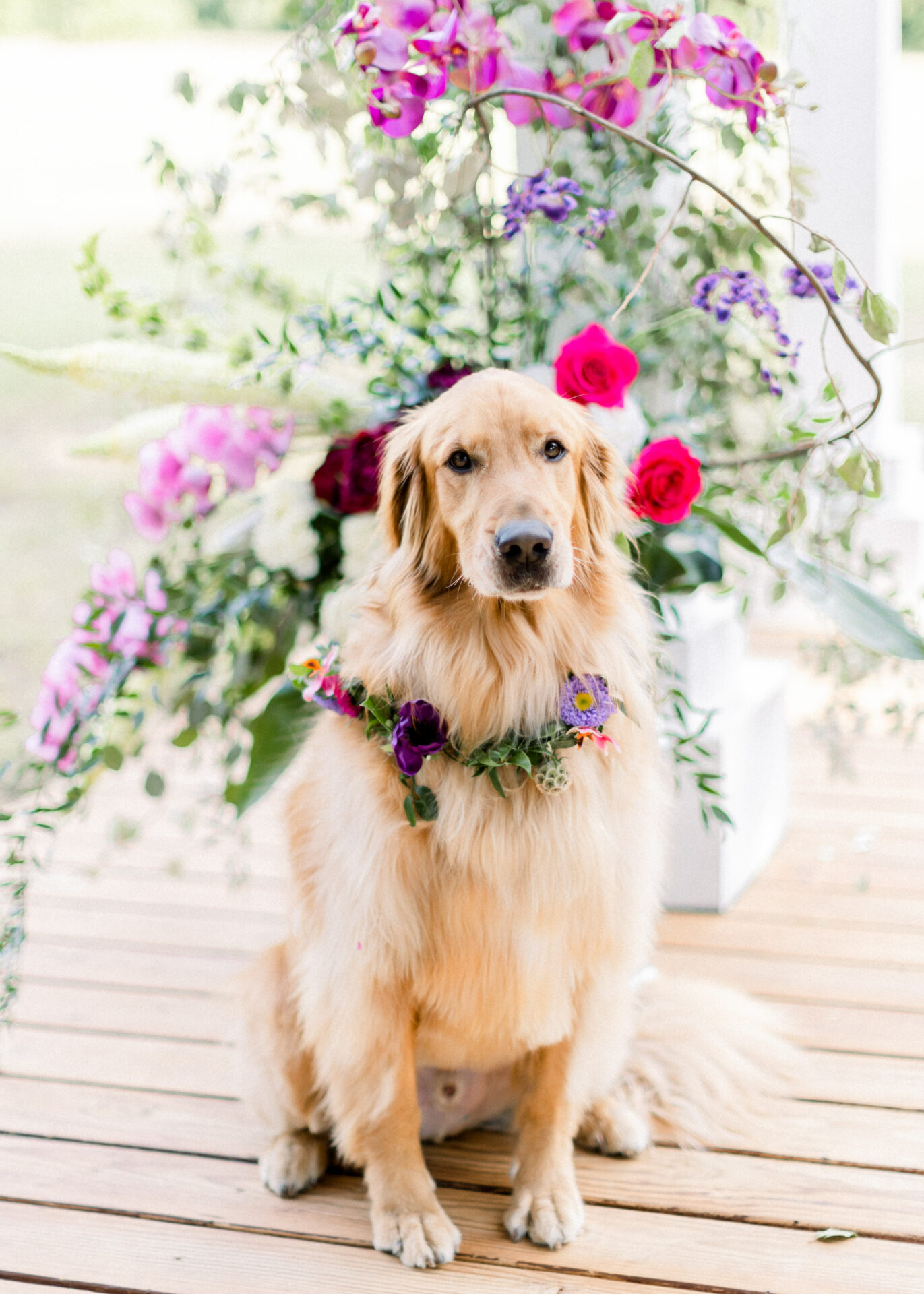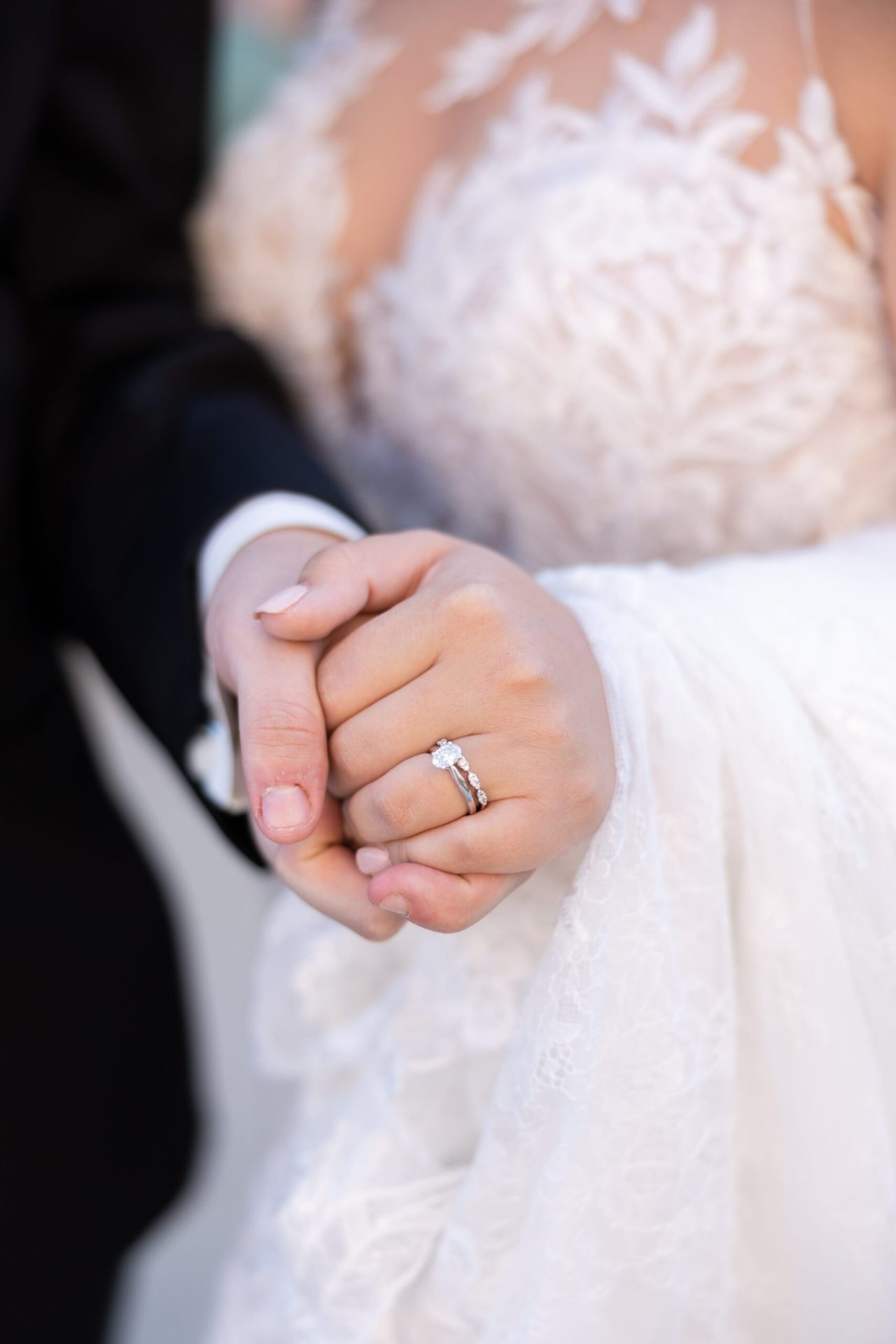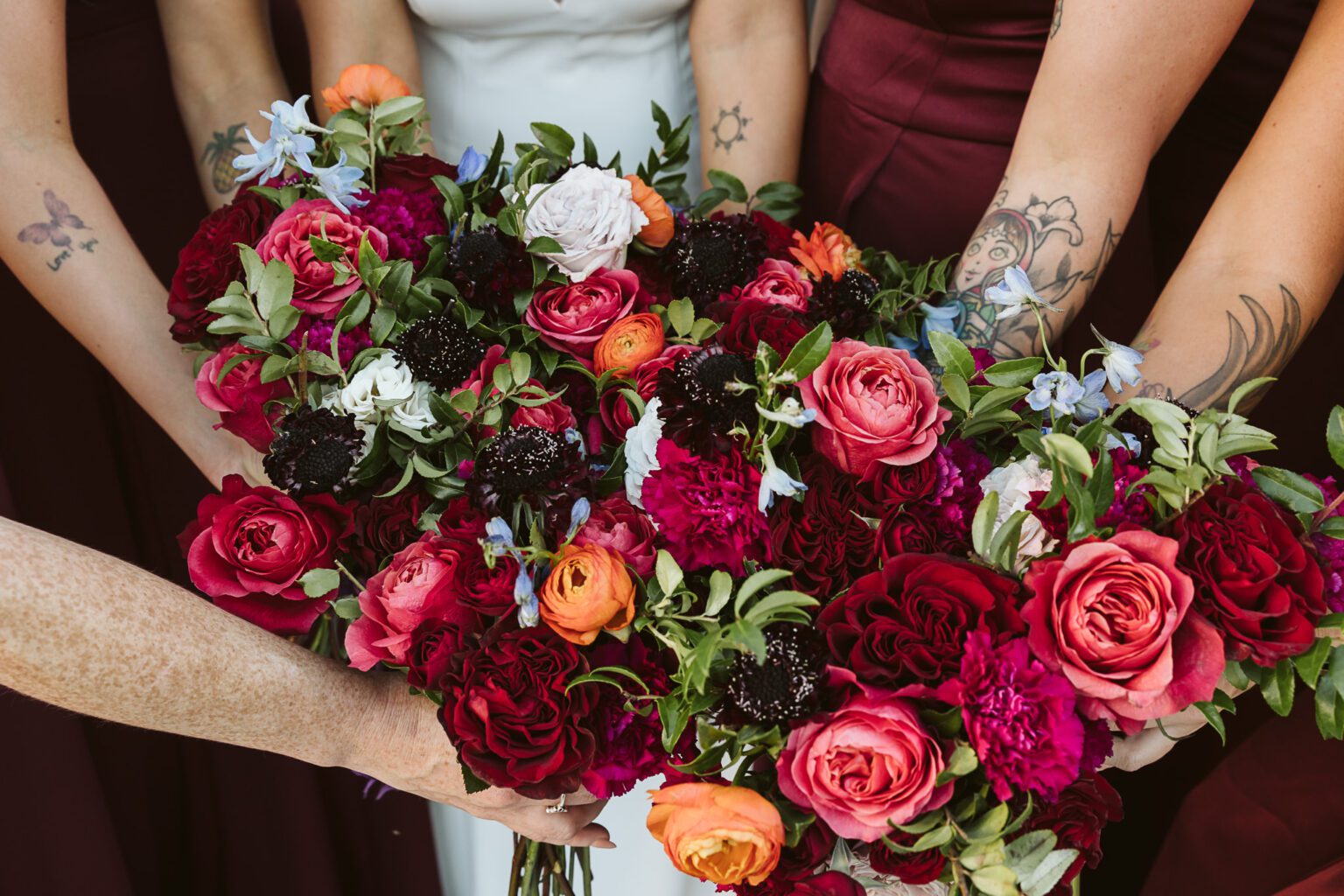You need insurance for your car and your house, but do you need it for your wedding? You may already be saying “I do!” If not, take a look at how wedding insurance can be beneficial and see if it’s right for you.
wedding insurance basics
The first question you might be asking is, “What exactly is wedding insurance?” In simplest terms, it offers reimbursement on investments you’ve made in the planning of your wedding (should anything go wrong). This includes your rehearsal, rehearsal dinner, ceremony and wedding reception. How much reimbursement you receive depends on your level of coverage. According to Niklas Brinck of Brinck Insurance Group, the Travelers Wedding Protector Plan starts as low as $160 and has no deductible, making basic coverage extremely affordable! The details below are based on this particular plan, but should give you a good overall idea of what to expect.
What’s covered?
Lost Deposits
Suppose your wedding venue gets struck by a tornado before your big day. Maybe your DJ is in an accident and doesn’t show up. Now is a good time to find a stress ball! Wedding insurance can offer reimbursement for deposits you’ve made on products or services you will not be receiving.
Lost or Damaged Items
These are the “must-haves” of most weddings and include the repair or replacement of the bride’s dress, the groom’s tux, the wedding bands and the retaking of photos. You could also receive reimbursement for food, for example, if your wedding cake collapses on its way over to the venue. Wedding gifts could also qualify if they happen to be stolen from your reception or perhaps crushed by a clumsy uncle.
Special Circumstances
You could also recoup any lost funds if you have to cancel your event due to severe weather (like a tornado), are called to active duty, or experience sudden illness that would prevent you (or your parents, grandparents or children) from attending the wedding. If your event is canceled for any reason that’s covered, you may also receive reimbursement for non-recoverable travel and accommodations for your honeymoon.
Unexpected Additional Expense
This covers any difference in cost if you are forced to find a last-minute replacement for one of your vendors. For example, two weeks before the big day your florist calls to say they can no longer handle your event. You find a last-minute replacement, but they’re more expensive and add a rush fee. Wedding insurance could take care of what you pay on top of your original agreed-upon price.
What’s not covered?
Postponement Due to COVID-19
Cancellation or postponement due to COVID-19 is not currently covered. It’s true that some couples up to this point have received reimbursement if they’ve had to cancel or postpone their weddings due to state mandated shutdowns, etc. This is because their wedding insurance was purchased before the pandemic was a known risk. Now that shutdowns and stay-at-home orders are a known risk due to COVID-19, it is up to the couple to plan accordingly.
Out-of-the-Ordinary Activities
If you’re planning on incorporating amusement rides, inflatables, dunk tanks, live animals or pyrotechnics into your celebration. First of all, please invite us because your wedding sounds fun! You should know that none of these things will be covered by wedding insurance. You should, though, make sure that the vendors you work with in these areas are, in fact, insured.
Travel Planning a destination wedding?
You can purchase coverage for weddings in a variety of locations at no additional cost. Your policy, however, may not cover travel. For example, if you postpone your wedding due to illness, your cancellation/postponement coverage would reimburse you for the wedding venue at your destination (up to the maximum limit as detailed by your plan), but would not reimburse you for your plane tickets.
Cold Feet
Wedding insurance won’t cover a change of heart.
Liability
In addition to basic cancellation/postponement, you have the option of adding liability insurance. This type of insurance covers property damage as well as bodily injury – especially if Aunt Margo gets overly enthusiastic during the Cha Cha Slide and lands on her bad hip. Furthermore, you have the option to add liquor liability coverage, which protects you from being sued if someone is involved in an alcohol-related accident. Some venues require couples to purchase liability and/or liquor liability insurance.
Is wedding insurance for you?
Brinck says, “It really depends on the type of wedding and the amount of risk.” Generally, the more money you invest into your wedding, the more you have to lose. If you’re planning an extravagant wedding, insurance makes a lot of sense. If you’re planning on a wedding at home or on family-owned property, insurance might not be necessary since that home/property owner will already have insurance. Just keep in mind that insurance is a small investment that could yield a nice cushion later down the road so it may be worth considering.
If you’re going to purchase wedding insurance, the sooner the better, but at least 30 days before the big day is recommended. You won’t be able to purchase insurance after something goes wrong. Just be sure you understand the finer details of your plan so that you know exactly what’s covered.











